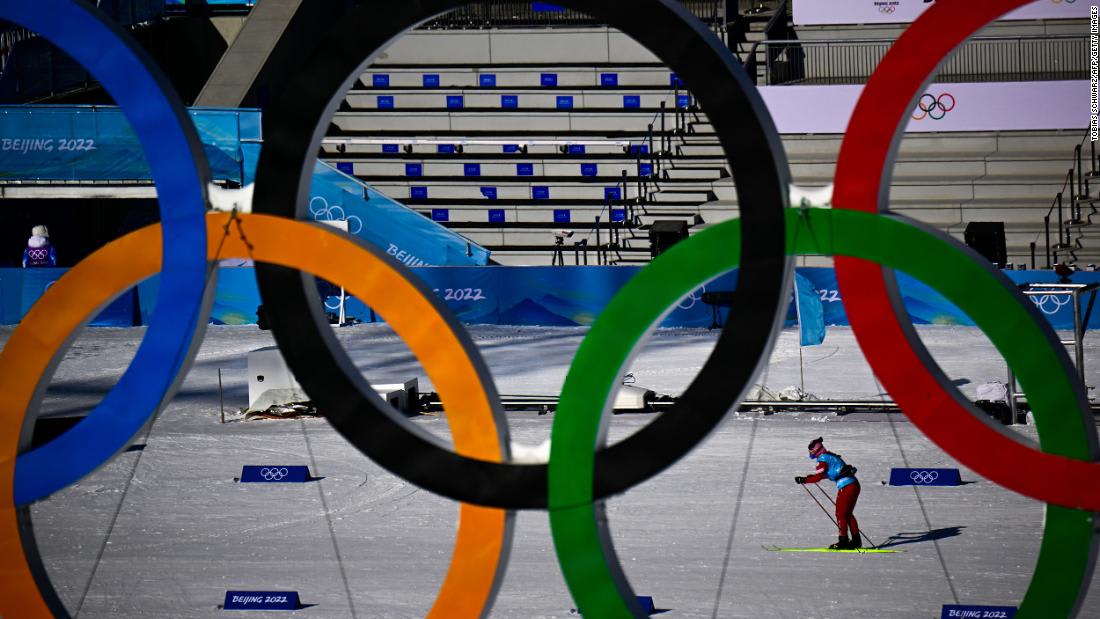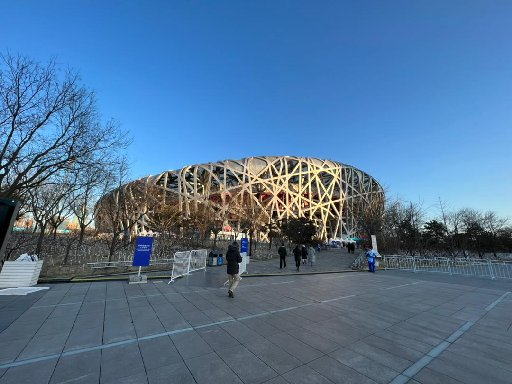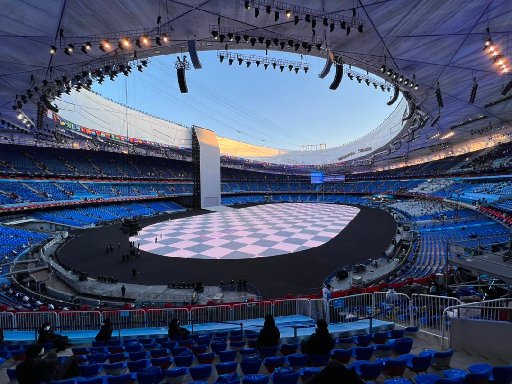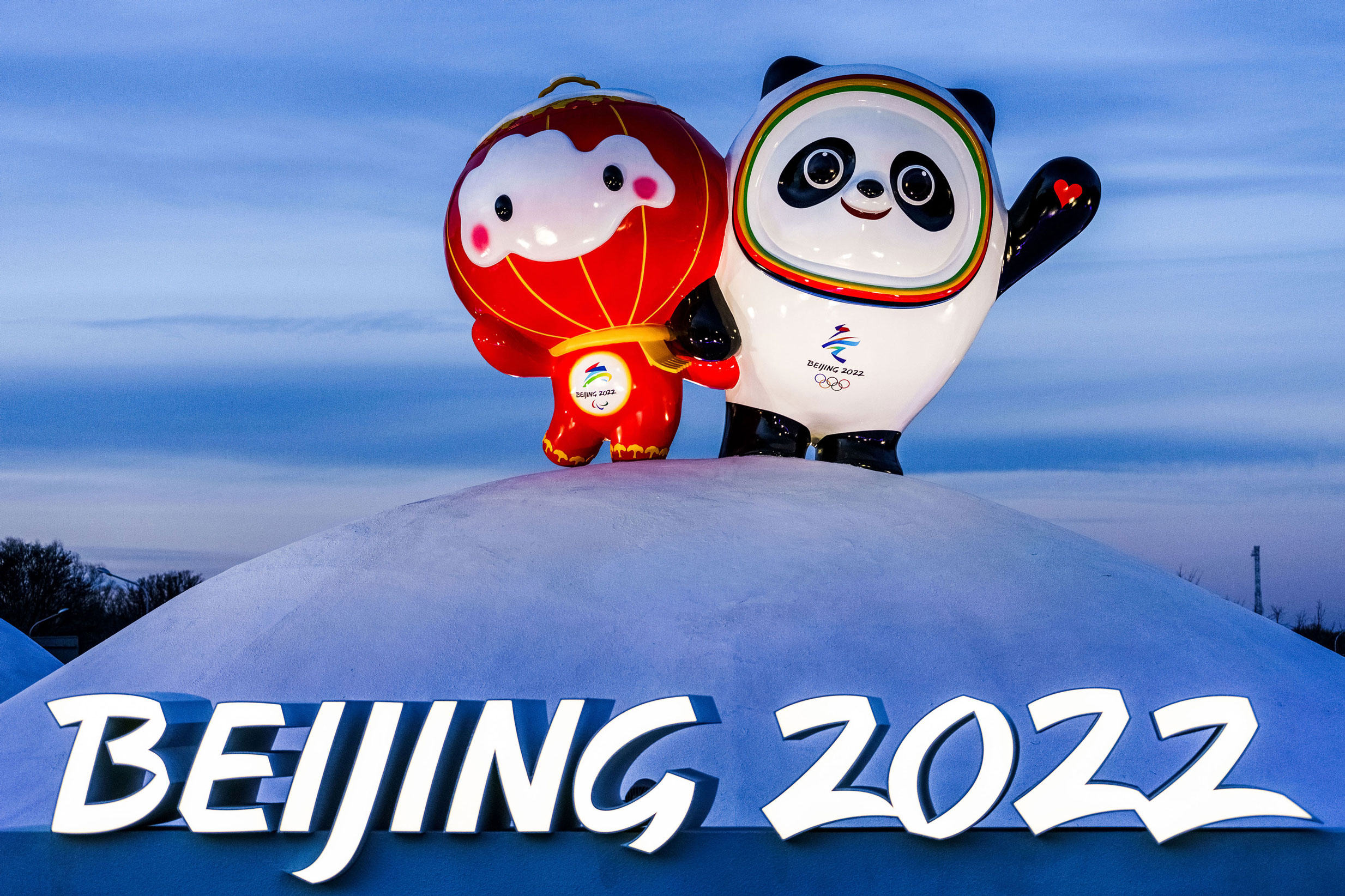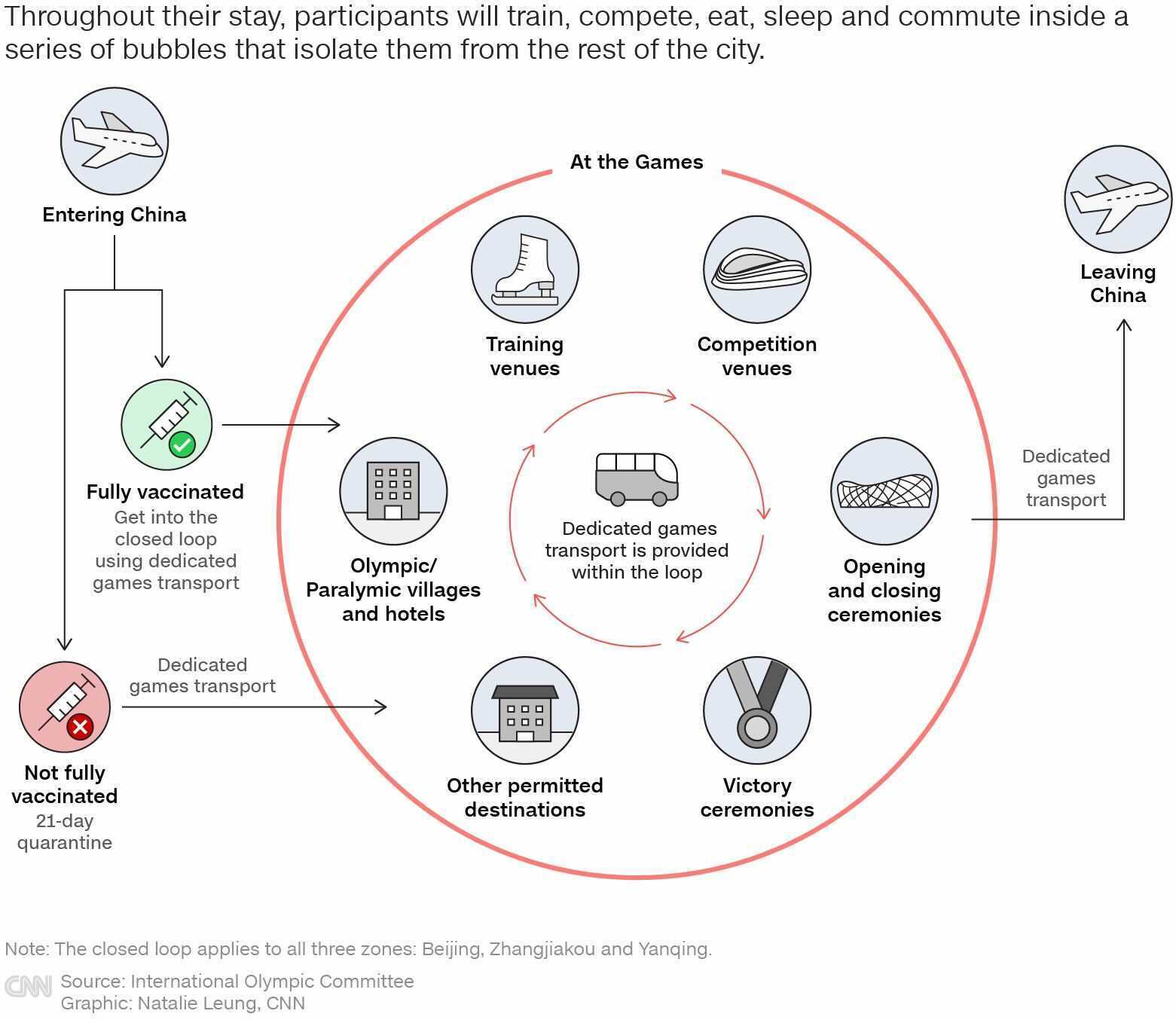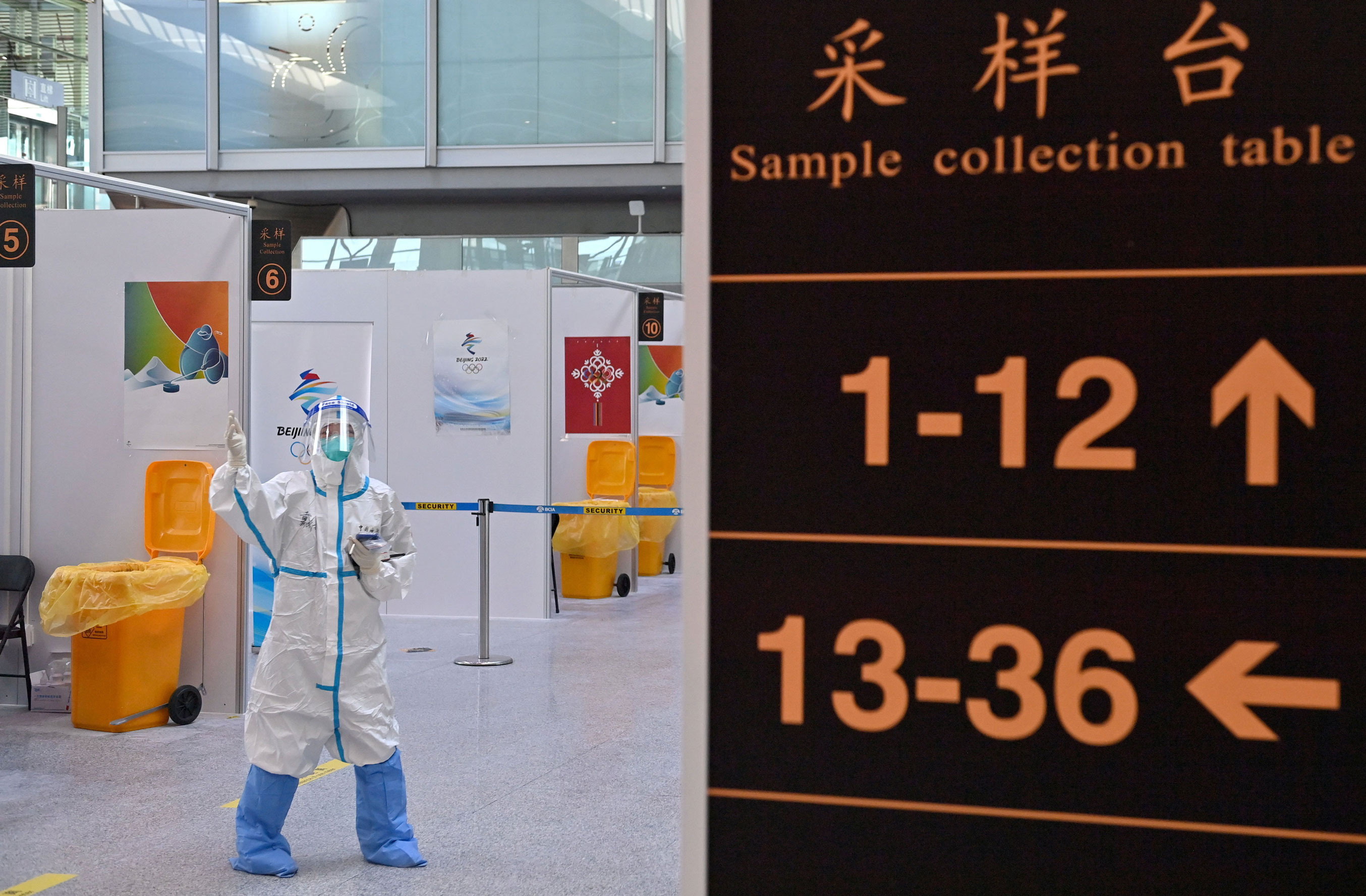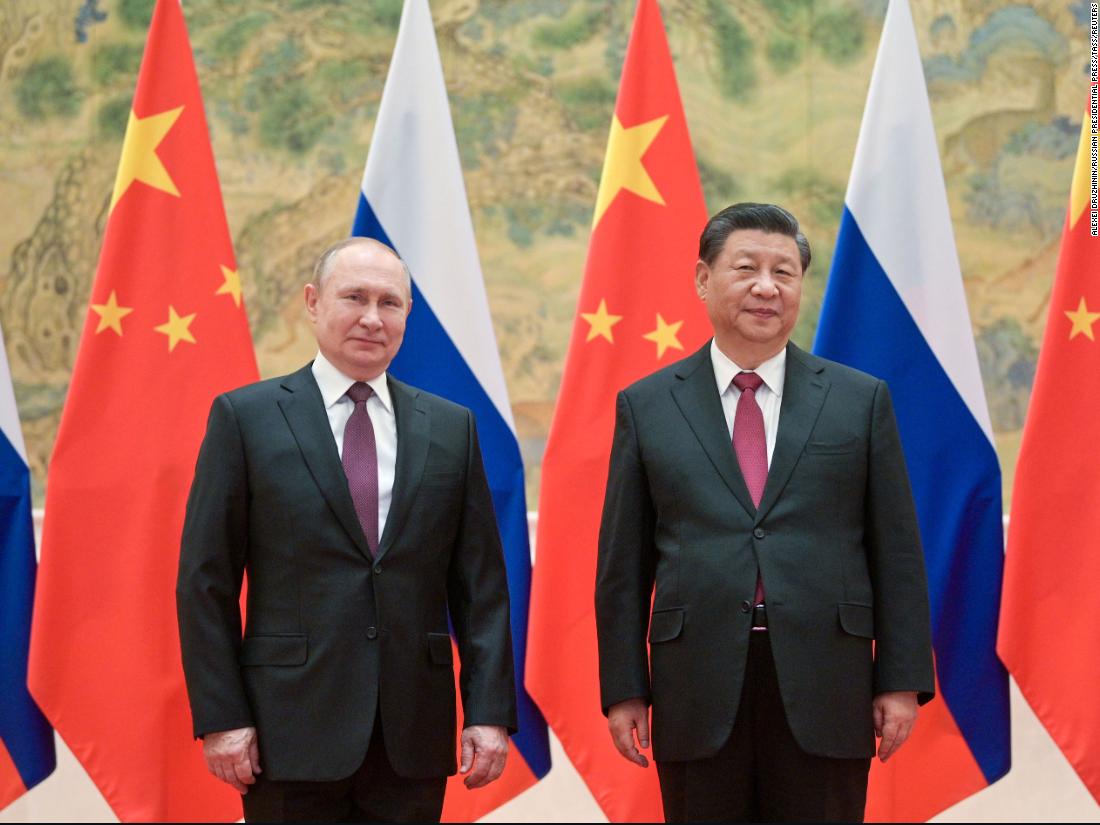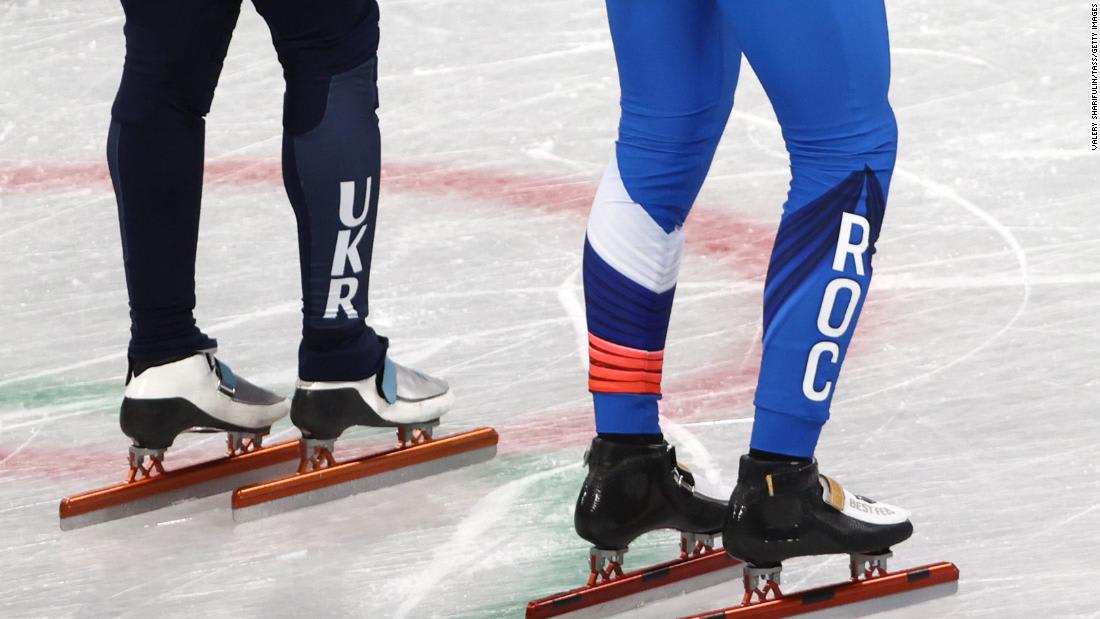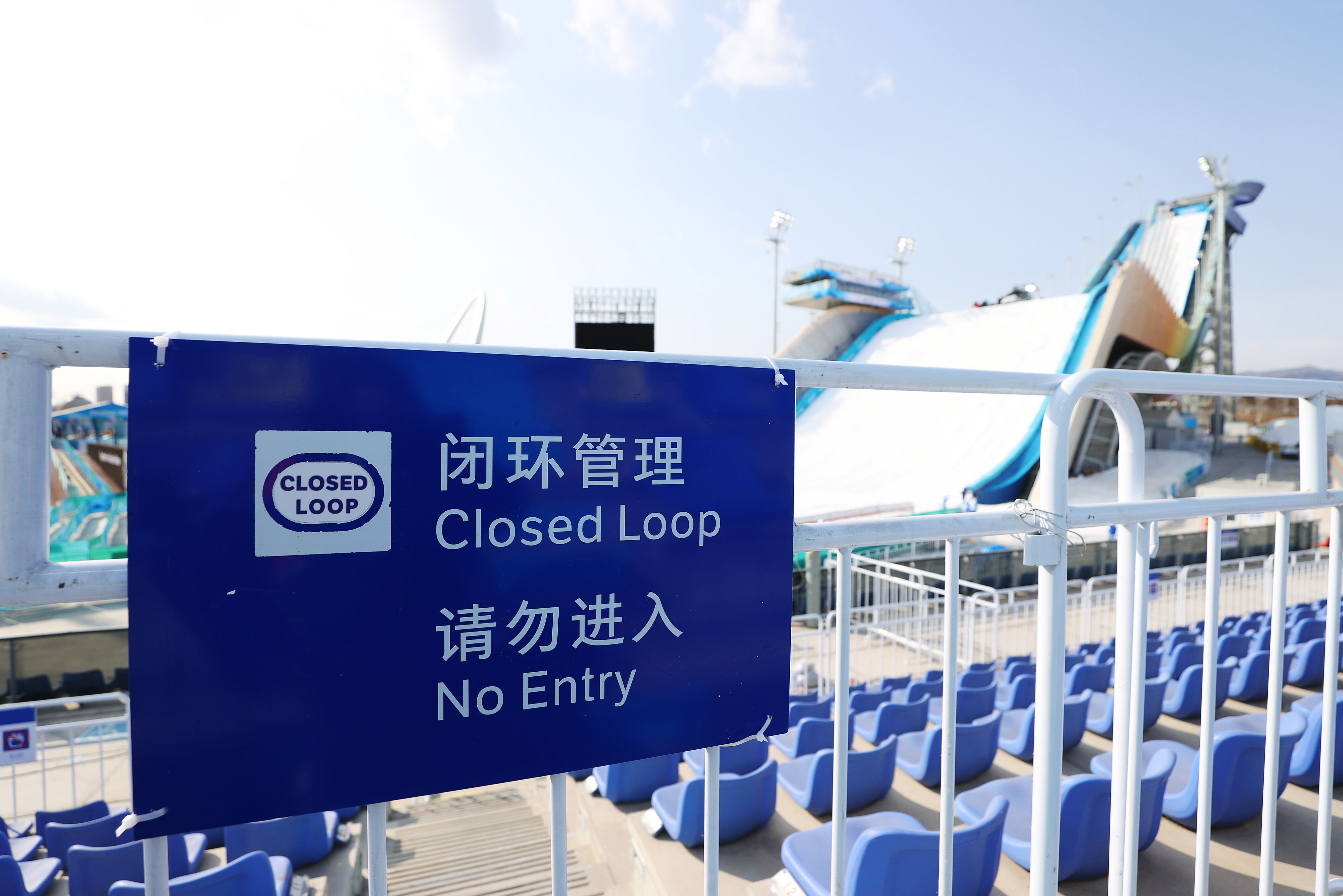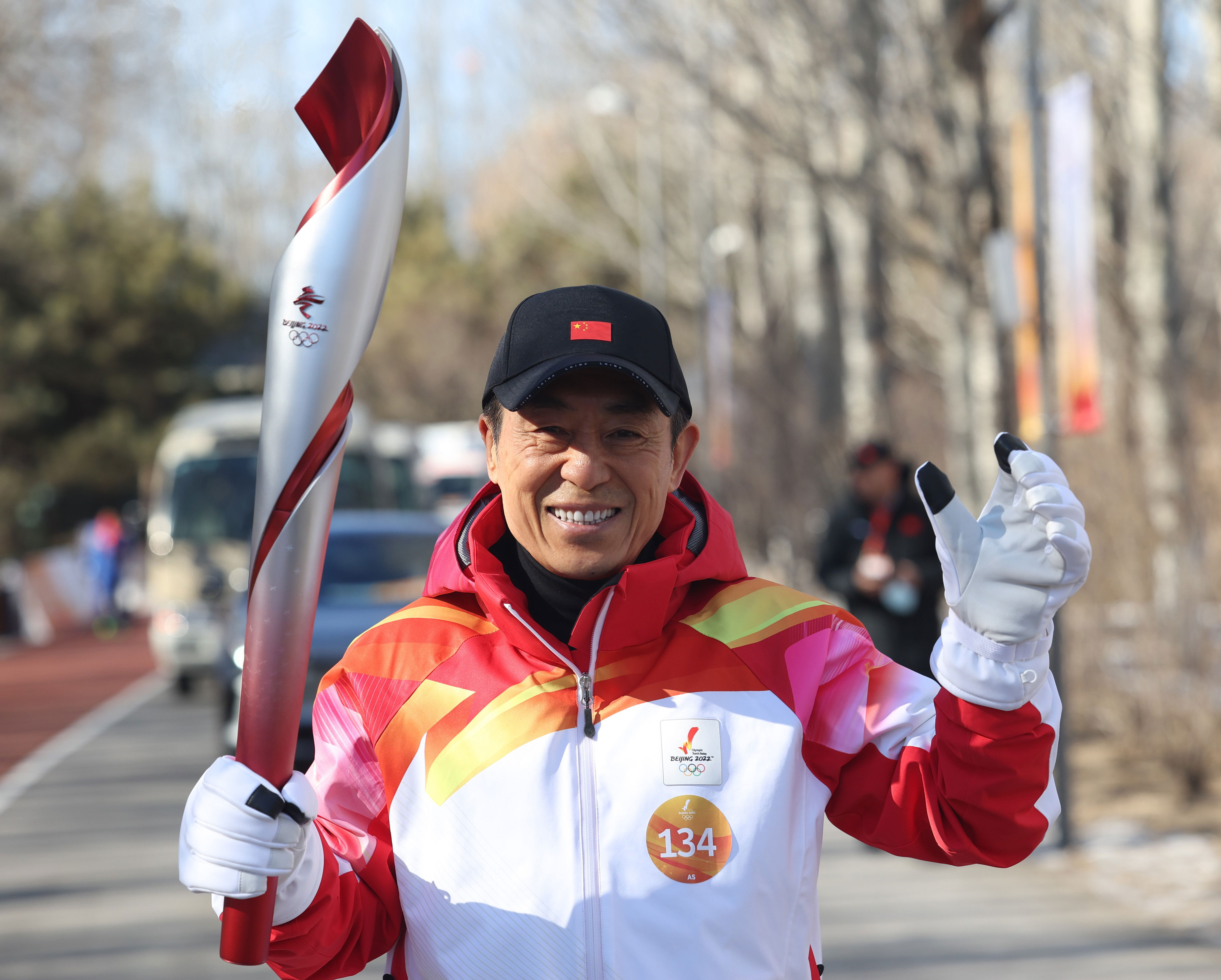
Chinese filmmaker Zhang Yimou’s opening ceremony for the 2008 Beijing Olympics was, for many, the abiding memory of China’s first Games.
In a display of color, coordination and pyrotechnics, the celebrated director announced the country’s arrival on the world stage in dramatic fashion, complete with performers “painting” on an LED scroll, an ode to China’s space program and 2,008 drummers chanting and playing in unison.
The production set a high bar for future directors -- including himself -- because almost 14 years later, Zhang is back to oversee the Winter Olympics Opening and Closing Ceremonies.
“The burden is very heavy,” he told state news agency Xinhua in an interview last month, reflecting on the pressure of becoming the first person to direct both Summer and Winter Games ceremonies.
But much has changed -- in China and the world -- since 2008.
The pandemic: For one, the tight Covid-19 restrictions have posed significant logistical difficulties. While in 2008 Zhang was able to call on around 15,000 Opening Ceremony performers, this year’s cast is just a fifth of that. The show is also expected to be significantly shorter, down from four hours to just over an hour and a half, though this is partly due to the cold weather and safety concerns.
China on the world stage: Perhaps more importantly, though, the way China views its place in the world has also undergone a profound transformation in the intervening years.
“In 2008, the Olympics was a brilliant stage and chance for our country to show ourselves,” Zhang told Xinhua. “In fact, there are a plenty of pages across our 5,000-year history that we would like to present to the world. Our civilization, our history, and how we got to where we are today.
“It’s different now. China’s status in the world, the image of the Chinese, and the rise of our national status, everything is totally different now.”
Opening Ceremony: What this means for the themes and design of 2022’s ceremonies remain to be seen. Details about proceedings are tightly under wraps, but Zhang hinted that the cauldron-lighting could be more spectacular than 2008’s, which saw former gymnast Li Ning circling the Bird’s Nest stadium suspended on high wires.
“It will be unprecedented in the over 100-year history of the Olympic Games,” Zhang said, adding: “I’m very nervous. I think it’s totally innovative and people will be surprised.”
Read more: http://www.cnn.com/style/article/zhang-yimou-olympics-opening-closing-ceremony/index.html
